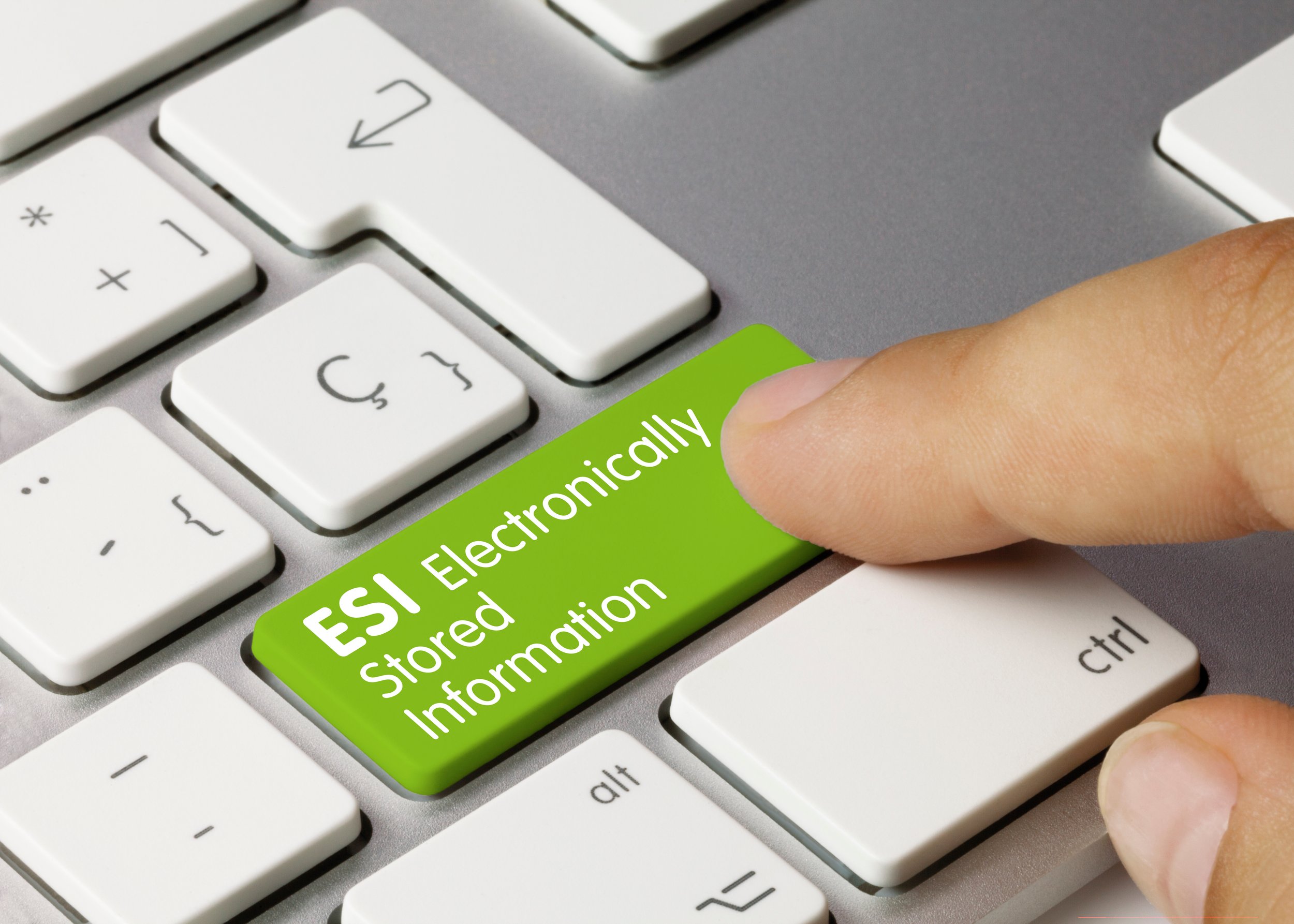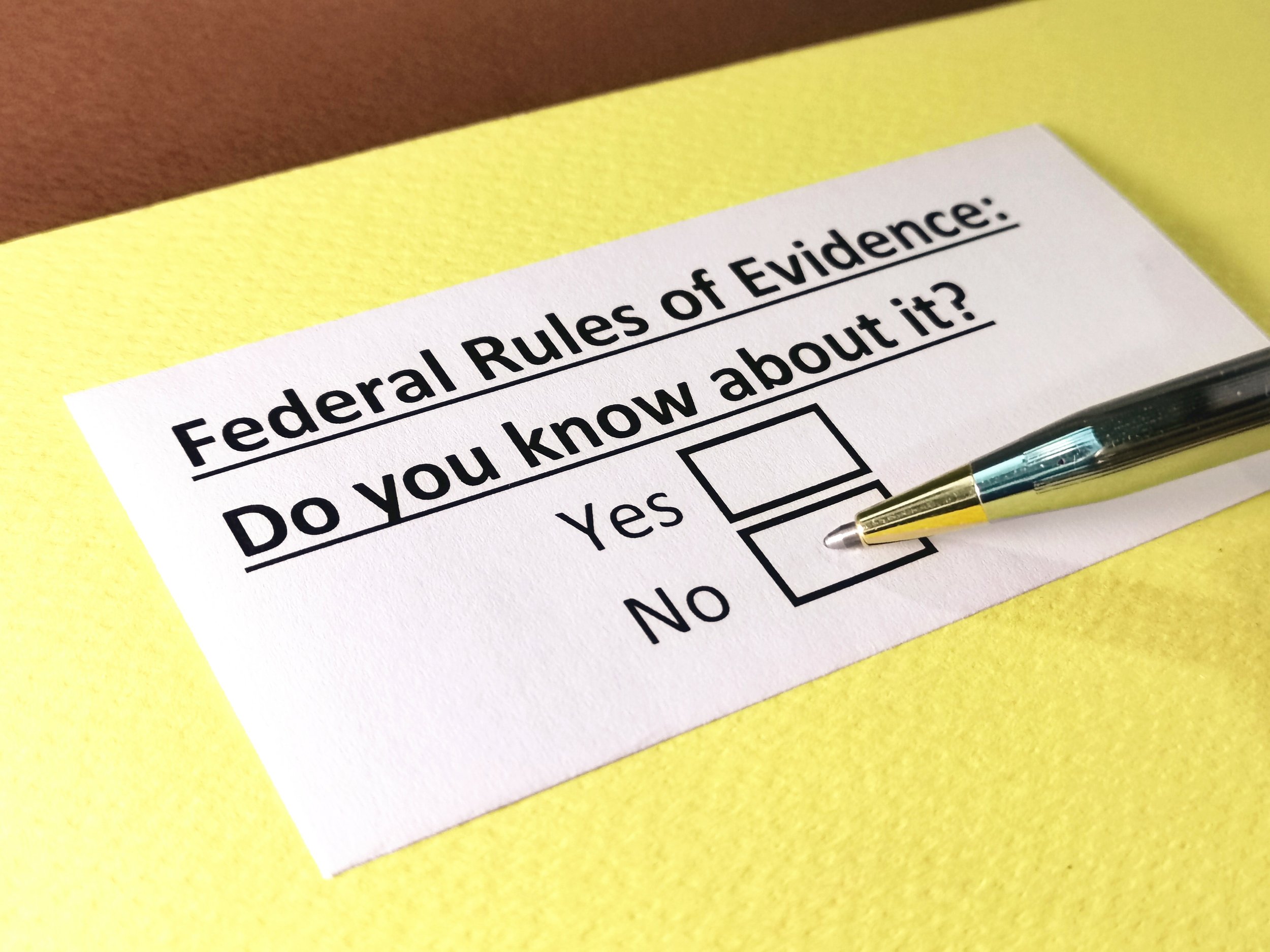My Two Cents: Don’t Be “Smart” In Your Discovery Requests Relating to Electronic Data.
/In the Twitter v. Elon Musk lawsuit, Twitter, Inc. v. Musk, No. 2022-0613-KSJM, 2022 Del. Ch. LEXIS 203 (Del. Ch. Aug. 25, 2022), there have been a lot of motions in an ongoing discovery dispute; but the “fourth” discovery motion, as described by Chancellor Kathaleen St. Jude McCormick is what drew my interest.
Musk’s attorney is demanding Slack communications from 42 Twitter employees. Slack is an inter-office messaging system that can be used on any platform, e.g., Apple or Windows, on numerous devices, e.g., smartphones, tablets, laptops, and computers. It has become quite popular with small, medium, and large businesses; this includes myself for the blog and my firm. Anyway, Twitter is arguing that this request is both excessive and burdensome. On its face, I’d disagree with this.
IMHO, it should not take an IT professional (I’d expect a company as large as Twitter which makes money based on their software programs to have several handy) to gather this electronic data. It should then be fairly easy for a group of at-will attorneys to go through the data to exclude attorney-client communications (maybe narrow the search down to slack communications with Twitter’s legal staff?). But it’s the attorneys for musk who made a few too many missteps.
I think it’s important to provide that the Chancellor has noted the past demands Musk has made on Twitter has been more burdensome as opposed to Twitter’s demands on Musk. When you are already frowned upon in this situation, it does not help yourself as the movant in a motion like this. Even if 42 sources was reasonable, Musk’s attorneys bound its own hands by negotiating its last offer of sources down to eight. And the judge held them to it! But, why does this have my interest as it relates to the blog?
I don’t think Musk’s attorneys followed ABA Model Rule #1.1 or Comment #8 to that Rule. They should have had a better understanding of how Slack works; thus, they should have been able to argue that it was not too difficult to get this information, see my discussion above. Of course this presumes that the 42 people in question were all relevant. In other words, there may not have been a need to negotiate. Perhaps a more generic production request insisting on all Electronically Stored Information ("ESI") relating to the request was needed and would violate Federal Rules of Evidence 34?
But Musk’s attorneys did negotiate. Discovery tends to be limited. A scorched earth process is not favored in most cases. Before Musk began negotiating numbers, his attorneys needed to figure out who was talking to whom and if any of the 42 sources were isolated within certain conversations or groups. It’s a whole Venn diagram exercise from our bar tests: If Bob is only Slacking with Carl and Carl is only Slacking with Daryl and Elgin, and Daryl is only Slacking to Carl and Elgin then you only need Carl and maybe Elgin. So of the four, you only need one or two people at best. Having a better understanding of how Slack works, even the firm was required to hire an IT expert to educate them on the workings of Slack, and then figuring out from the start what inter-office communication sources were needed would have likely reduced the number of sources needed if negotiation was necessary.
Instead, at least based on the Chancellor’s order, Musk’s attorneys got “smart” with their negotiations with Twitter. "Defendants' explanation for [the offer of just eight sources] was that they "inadvertently failed to remove" the language." But as the judge put it, "there is no time for 'just kiddings.' Parties must be able to rely upon one another's good faith proposals for the discovery process to function. Defendants are therefore held to their proposal seeking Slack messages from the eight custodians identified in their proposals." IMHO, this just piles on to the issue of competency under ABA Model Rule for Musk's attorneys. 😮
I don't relish the situation for the attorneys in this firm.
MTC.









